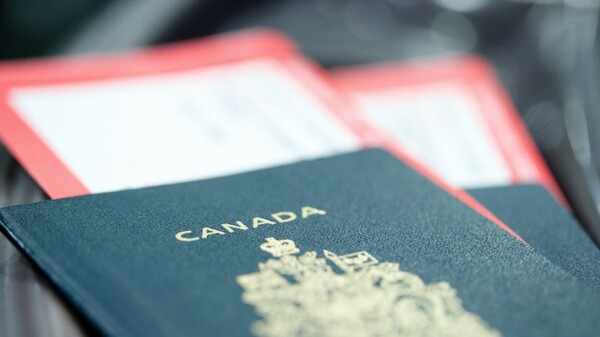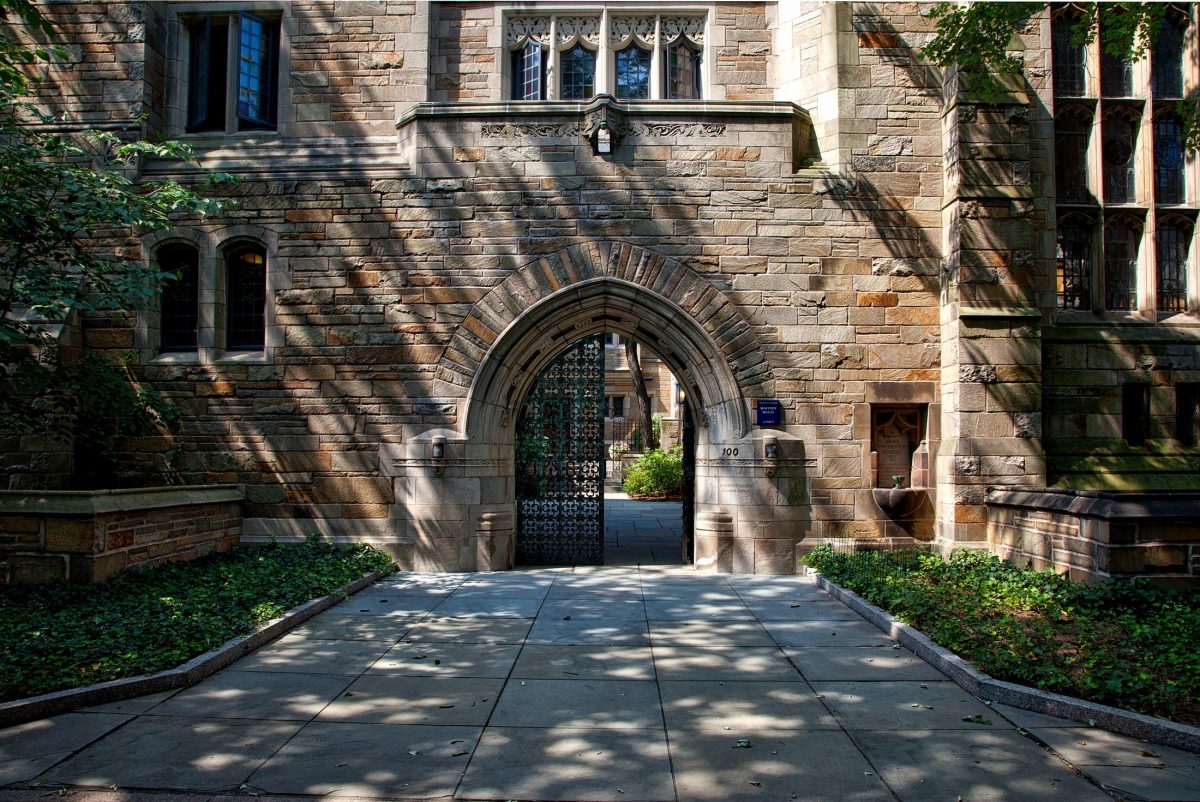Are you stuck writing a unique academic CV for your master’s studies application? If so, this article will walk you through creating one appropriately without omitting any essential features. Irrespective of which university you want to study at, you’ll likely need the CV to complete your application.
Aside from the fact that your academic CV must consider its recipient, be consistent, and be easy to understand, it should conform to set standards. If your CV is inconsistent, it will be unable to fulfill its purpose as it should. Read on to discover more.

Table of Contents
- 1 What is an Academic CV?
- 1.1 Attributes of a Good Academic CV
- 1.1.1 A. Contact Information
- 1.1.2 B. Research objective or personal profile
- 1.1.3 C. Educational background
- 1.1.4 D. Professional engagement
- 1.1.5 E. Publications
- 1.1.6 F. Awards and Honors
- 1.1.7 G. Grants and Fellowships
- 1.1.8 H. Teaching and Research Experience
- 1.1.9 I. Extracurricular activities
- 1.1.10 J. Languages and skills
- 1.1.11 K. References
- 1.2 Tips for Writing an Excellent Academic CV for Master’s Studies
- 1.3 FAQs about Writing an Academic CV for Masters Application
- 1.3.1 Can an academic CV be more than 2 pages?
- 1.3.2 What should a master’s CV look like?
- 1.3.3 Do I need an academic CV for my master’s application?
- 1.3.4 What is the difference between a CV and an academic CV?
- 1.3.5 Does an academic CV need references?
- 1.3.6 Is it hard to write an academic CV for masters application?
- 1.4 Conclusion
- 1.1 Attributes of a Good Academic CV
What is an Academic CV?
An academic Curriculum Vitae (CV) is a document that comprehensively indicates your educational background, previous experience, publications, awards, achievements, and other things relating to your academics. This CV type differs slightly from the regular CVs used to apply for jobs. It has no page limits and can have many pages as you progress in your career.
Attributes of a Good Academic CV
A good academic Curriculum Vitae must include the following features. If not, it may be unusable or not enticing enough to help you get admission into a master’s degree program.
A. Contact Information
Your academic CV’s header must be your full contact information in the order below.
- Your full name
- Professional title
- The school’s address
- Your residential address
- Email address
- Telephone number
- LinkedIn profile (optional but strongly recommended)
B. Research objective or personal profile
The next thing to include in your academic CV for your master’s application is your personal profile or research objective. If you prefer to state your research objective, ensure its conciseness in one paragraph. Allow it to describe your research plans.
Here is a sample of a perfect research objective written for an academic Curriculum Vitae.
“A Bachelor’s degree holder in Business Administration at Texas Southern University, USA, seeking to leverage a study abroad experience and a summer internship to undertake a postgraduate research on the Corporate Budgeting Techniques in Fortune 500 Companies in the United States“.
Assuming you would be adding your profile to the CV, try to make it outline your educational background and achievements.
See below for a sample personal profile for your academic CV.
“An ardent lecturer with over ten years of teaching experience at undergraduate and graduate levels. Supervised 8 BBA theses, 4 MBA theses, and 1 doctorate dissertation. Published more than 30 articles in academic journals and several online platforms“.
C. Educational background
In this section, you’ll have to highlight all degrees obtained from a recognized university in reverse chronological order. That means starting from your latest degree, followed by the one you previously earned and the one before.
Here is an illustration of how you should express your educational background in your academic CV.
- Year of completion or supposed graduation year, academic degree type, and major
- Your minors (only if applicable)
- Your department
- The school where you earned the degree or enrolled in
- Dissertation/thesis title
- Thesis supervisor
For instance,
“2013 MBA in Human Resources Management
The Department of Business Administration
University of Toronto, Ontario, Canada
Graduated summa cumma laude
Thesis title: “The Role of Women in Top-Level Management Positions and How it Impacts a Company’s Leadership”
Thesis supervisor: Professor Michael Brown.”
D. Professional engagement
You must only include this section if you already possess a professional appointment.
Check below for a sample of how to indicate your professional appointments on your academic CV.
- Position held
- Institution enrolled in, relevant dates
- A concise description of your roles
For instance,
“Professor of Management
The University of Wisconsin, 2015-2018
“Taught more than 20 undergraduate and graduate classes, mainly on market research, project management, and organizational performance. Also, supervised 16 MBA theses. Been a member of the Postgraduate Studies Board for the last three years”.
E. Publications
Another attribute of an academic CV for a master’s application is your publications, regardless of their type. You’ll have to categorize your scholarly publications based on the order below.
- Published books
- Scholarly journals
- Contributions to scholarly journals
F. Awards and Honors
If you have previously received any award or honor, you can show it off in this section. You’ll have to list them in reverse chronological order, providing information on the award’s name, the year you earned it, and the school that presented it.
G. Grants and Fellowships
It is equally important to add your grants and fellowships in a chronologically descending order. Ensure to mention the year(s) you received the grants and the funding institution’s name. You may also disclose the precise funding amount.
H. Teaching and Research Experience
While writing an academic CV for a master’s application, you should also describe your teaching and research experience without missing any detail.
I. Extracurricular activities
This section should cover your extracurricular activities, volunteers, and anything else that doesn’t fit into the above sections.
J. Languages and skills
At this stage, you’ll have to provide information on the languages you can use to speak and write. Besides, you must include your level of proficiency in them.
K. References
As the final section of a good academic Curriculum Vitae, list your referees vertically, as illustrated below.
“Full name (incl. Title)
Telephone number
Email address”
Tips for Writing an Excellent Academic CV for Master’s Studies
The following are some tips to consider while preparing your academic Curriculum Vitae.
- Ensure you position the words “Curriculum Vitae” below your full name in the CV.
- Instead of spelling out your academic degree, write it in an abbreviated format, like, B.Sc., MA, MBA, M.A., etc.
- While inputting your graduation year or supposed year of completion, do not include the program’s starting dates.
- Use APA, MLA, or Chicago bibliography style when listing your publications on your academic CV.
- Make sure your academic Curriculum Vitae is within three to five pages.
FAQs about Writing an Academic CV for Masters Application
Can an academic CV be more than 2 pages?
Yes, an academic Curriculum Vitae can have more than two pages, but it is best to keep it within five pages. No matter how many pages it has, ensure your CV includes all essential information.
What should a master’s CV look like?
Your academic CV for a master’s program should be in chronological order, featuring your contact information, educational background, previous experience, awards, and references.
Do I need an academic CV for my master’s application?
Yes, you must create an academic Curriculum Vitae to apply for your master’s studies in most universities, especially in the United States and Canada.
What is the difference between a CV and an academic CV?
While a CV for employment only outlines your professional experience and skills, an academic Curriculum Vitae must provide elaborate details of your experience.
Does an academic CV need references?
Yes, an academic Curriculum Vitae must feature your referees’ contact information. On the other hand, it is not compulsory to include references in your academic CV for a master’s degree program.
Is it hard to write an academic CV for masters application?
Yes, writing an academic Curriculum Vitae to apply for your master’s studies is usually challenging. However, you can simplify the process by following the instructions in this article.
Conclusion
When you use a well-crafted academic CV to apply for a master’s degree program, you can increase your chance of getting admission for your postgraduate studies. So, why not focus on creating an excellent one to guarantee a successful application in any school?









